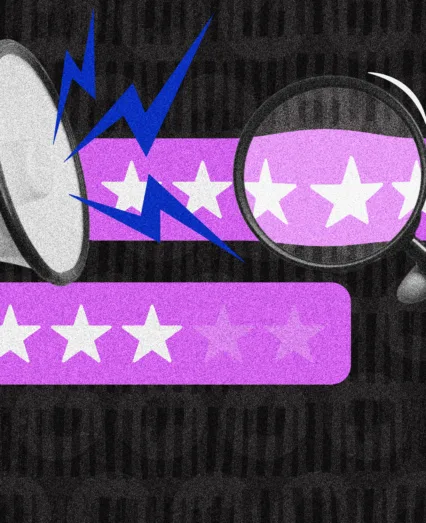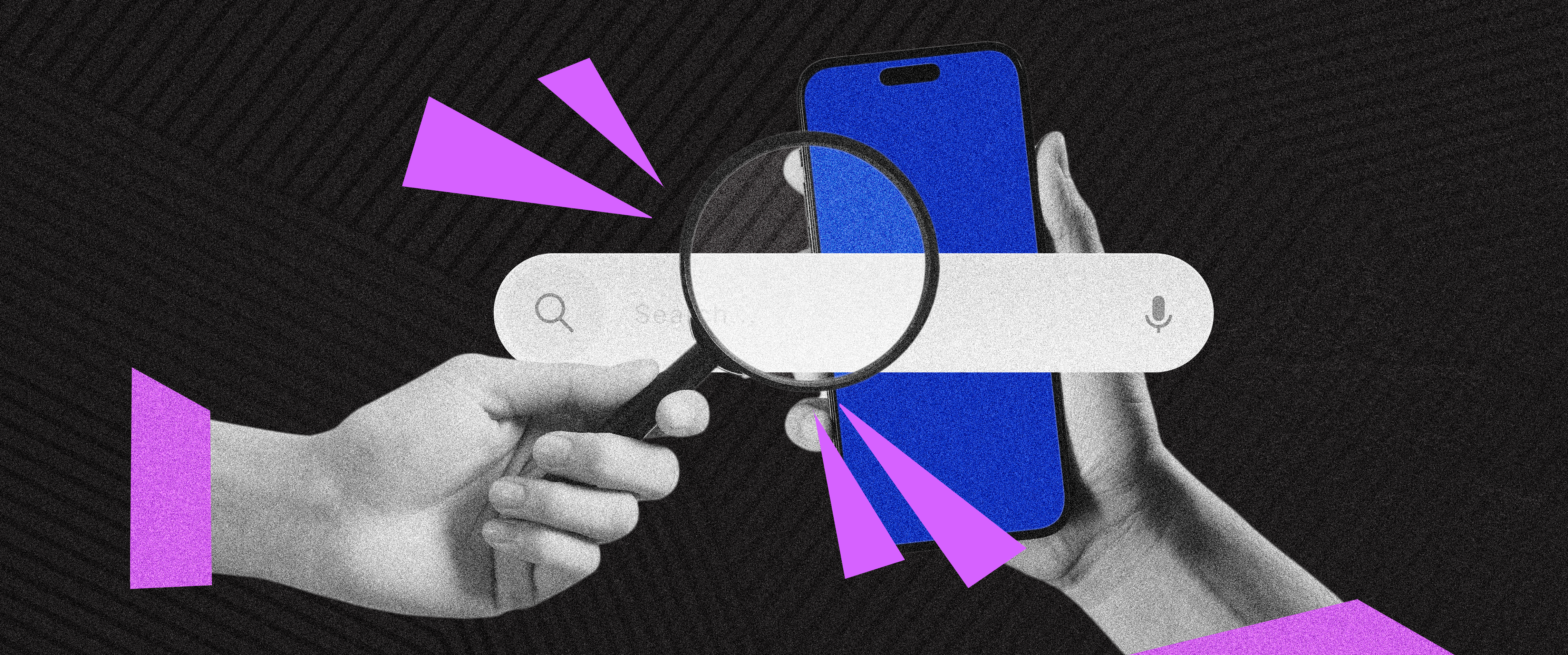When was the last time that you closed out of your Instagram app, only to immediately open it again and start scrolling? Whether it caused minor embarrassment or not, that muscle response is one indicative of a much wider trend: scroll hunger. Users often find themselves moving from one social media app to the next, always on the hunt for a timeline packed with content to digest.
On the August 30, 2019, Republican Senator Josh Hawley from Missouri introduced the Social Media Addiction Reduction Technology (SMART) Act in hopes to help people curb their social media addictions through bans on particular media features.
A new bill proposed by Sen. Josh Hawley, R-Mo., would prohibit auto-play and infinite scrolling on social media, and would require companies to notify users every 30 minutes on how long they've been on a platform each day.https://t.co/fudg0d3tHU
— NPR (@NPR) August 14, 2019
Specifically, Hawley hopes the bill will “prohibit social media companies from using practices that exploit human psychology or brain physiology to substantially impede freedom of choice [and] to require social media companies to take measures to mitigate the risks of internet addiction and psychological exploitation.”
One particular trend that Hawley’s act wants to axe is infinite scrolling, where users are able to access a constantly refreshing feed of content. Whether it be Facebook, Instagram, or Twitter, Hawley proposes that media channels force users to reach the bottom of a scroll, only to then push forward to access more content manually. In addition to infinite scrolling, he finds that features like YouTube’s autoplay and Snapchat’s “Snapstreak” cause users to become addicted to these digital interactions.
Don’t let the streak die!!!
Criticism of Senator Hawley’s proposed bill commonly falls into the mentality that these new restrictions imply users are nothing but “scroll zombies” with little agency, and that regardless of whether or not a content roadblock is put up in front of users, they still have the self-governance to continue down their feeds.
One of the requirements Senator Hawley proposed in his bill was that social media channels must provide functionality within each application for “a user to set a time limit that blocks the user’s own access to those platforms across all devices.” This likely sounds familiar to you, especially after Apple’s 2018 release of iOS 12, which added the Screen Time feature to the popular smart phone operating system. Screen Time allows users to access a detailed report of just how frequently they use certain apps and provides the option to limit the amount of time an app can be used.
As more people come to realize just how much time they actually spend on their phones, plenty of other apps designed to help users recover from device addiction have emerged in the market. Internet addiction tests have even begun to pop up, spurning tons of articles from digital sources like Health.com.
At the end of the day, this proposed piece of legislation puts at stake our autonomy when it comes to screen time. Do you think it should be up to individual users to decide just how much media they want to consume?


